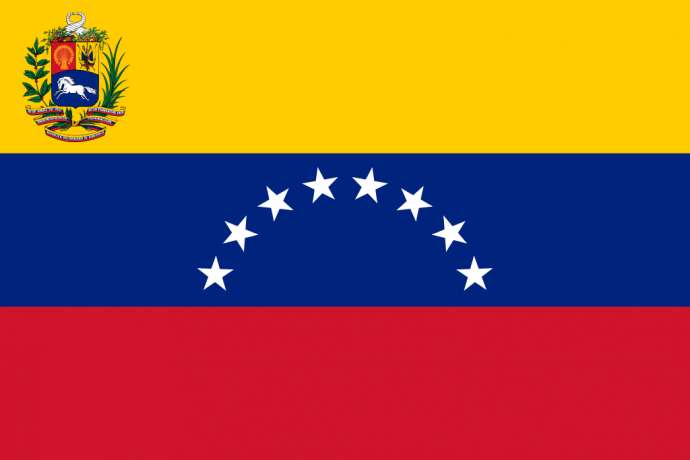STA, 14 February 2019 - The Slovenian government has recognised Venezuelan opposition leader Juan Guaido as interim president after almost two weeks of internal disputes, joining 23 EU member states who have already done that.
Foreign Minister Miro Cerar said the sole purpose of the recognition was to "call free, democratic and legitimate elections as soon as possible." "This is not about recognising an alternative government, it is merely the recognition of an interim president, nothing more."
Cerar had proposed the recognition ten days ago, but the decision was delayed by divisions in the coalition as well as threats by the Left, which supports the minority government but is not formally in the coalition, that recognising Guaido could impact the Left's cooperation with the government.
He said the delay - 19 EU members made the decision within a day - had "undermined the credibility of the country" when it comes to making important decisions.
Slovenians living in Venezuela have urged the government to recognise Guaido and Cerar said the move was a show of support for the Venezuelan people, 85% of whom live below the poverty line.
Interestingly, the government and Cerar used the expression "prepoznati" for the decision, although "priznati" would be customary. Whereas the word can be translated as recognise, it can also signal mere acknowledgement of a situation.
As Cerar put it, the government's decision is "a declarative act" with which Slovenia acknowledges the situation on the ground in Venezuela. "We are not interfering in the country's internal affairs," he stressed.
Slovenia has used the same procedure when it recognised the interim government in Libya or the rebels in Syria and it is a procedure that does not include prior debate at the National Assembly.
While Cerar did not say how the ministers voted today he expressed the hope that the decision would not jeopardise cooperation with the Left.
The Left has claimed recognising Guaido was tantamount to a recognition of American imperialism and interventionism, but Cerar said opposition to the government's decision constituted "opposition to democracy and human rights."
However, he also stressed that if the situation in Venezuela changes, the government "may have to reconsider".
Left MP Violeta Tomić said the government's decision was inadmissible and announced her party would demand an emergency session of the Foreign Policy Committee in a bid to have the government decision revoked.
But she was reserved as to what this meant for the Left's continued cooperation with the coalition beyond saying that it did not contribute to better cooperation.
The decision also angered the coalition Social Democrats (SD), who have been apprehensive about recognising Guaido from the start and whose ministers did not back the decision.
The party's foreign policy point man, MP Milan Brglez, said that Slovenia would henceforth be responsible for "everything Guaido and the coalition of the willing" do.
He said an in-depth debate would have to be held in parliament about the decision, which he said SD ministers did not endorse.







